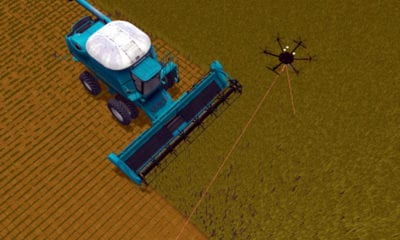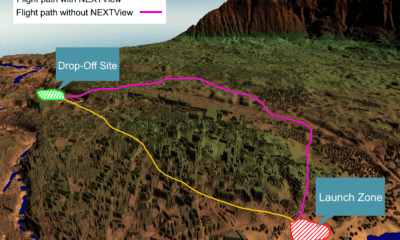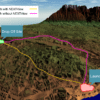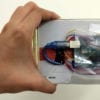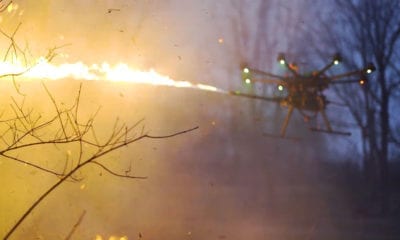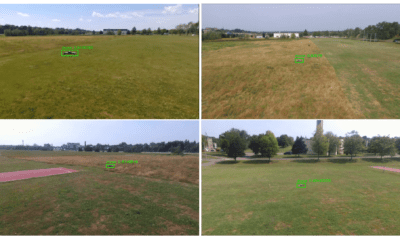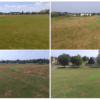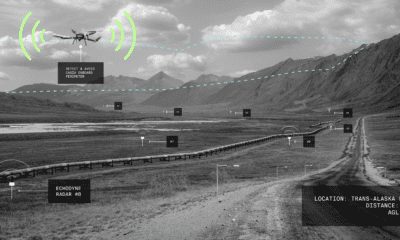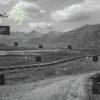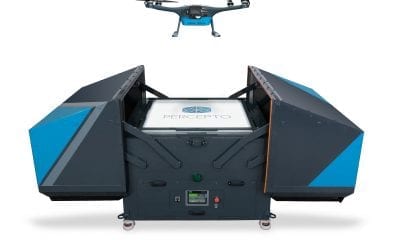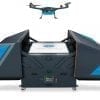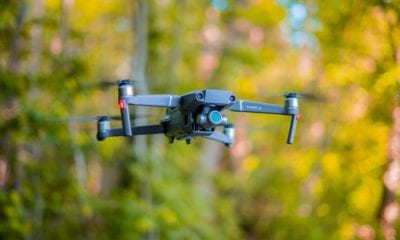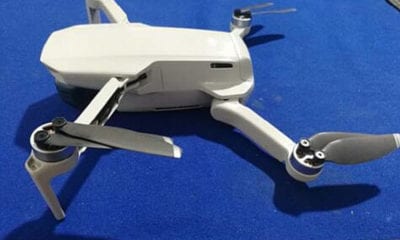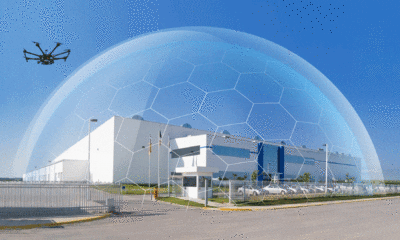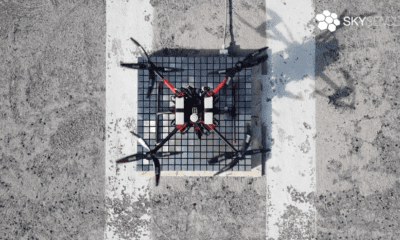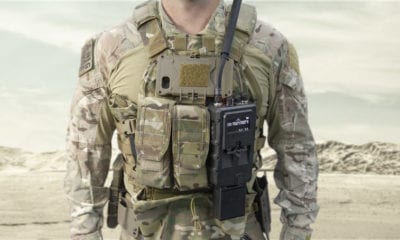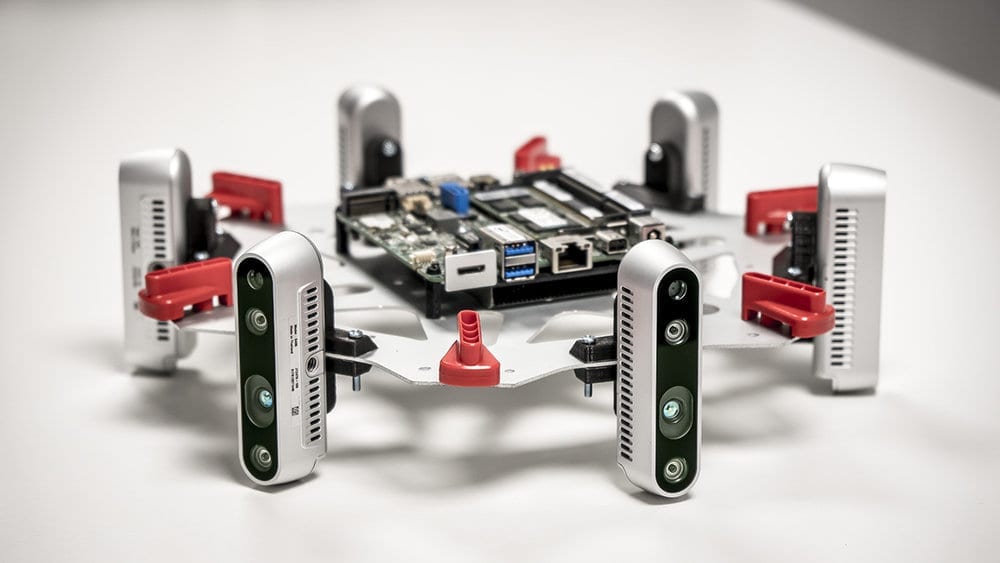
Autonomous
Everdrone’s Autonomous Nav Means Drones Can Fly Without a Pilot or GPS
Swedish drone startup Everdrone has developed a game-changing system that will allow drones to fly on their own – without the need for a pilot or GPS.
They could even fly by themselves near people, the company says.
It could mean big things for the drone industry, which is currently seeing drone laws being formulated worldwide that regulate beyond line of sight (BVLOS) operation by drone pilots.
Drones that fly without a pilot most commonly use positioning systems such as GPS to ensure safe, autonomous flights – but GPS has its own limitations and is often not accurate enough for the precise flight required by drones.
Everdrone’s technology, which it successfully demonstrated last week, promises to circumvent all this.
Their technology is an advanced visual navigation system which can be integrated into any UAV platform, using no less than seven RealSense cameras made by Intel and an onboard computer that can process 5Gb of data a minute.
Intel’s Realsense cameras differ from normal cameras in that they incorporate the computing giant’s depth sense technology using a combination of stereo vision and infrared projector to enhance depth perception.
According to Everdrone’s CEO Mats Sällström, the addition of this technology to drones brings their autonomous capabilities more in line with that of self-driving cars.
“A key issue with today’s UAVs is the lack of intelligent sensing systems,” he says.
“No one would suggest sending out self-driving cars on public roads without extremely sophisticated onboard sensing systems. The same safety logic should apply to autonomous UAVs.”
Negating the need for a pilot, the successful demonstration of the technology is also significant for applications where access to GPS positioning is not possible, such as in tunnels and even built urban areas.
“The ability to sense the surrounding environment in real-time and detect nearby people and ground-based obstacles is essential when developing safe autonomous UAVs, especially as we see more and more use-cases in urban areas such as emergency response and delivery services related to the healthcare sector,” says Sällström.
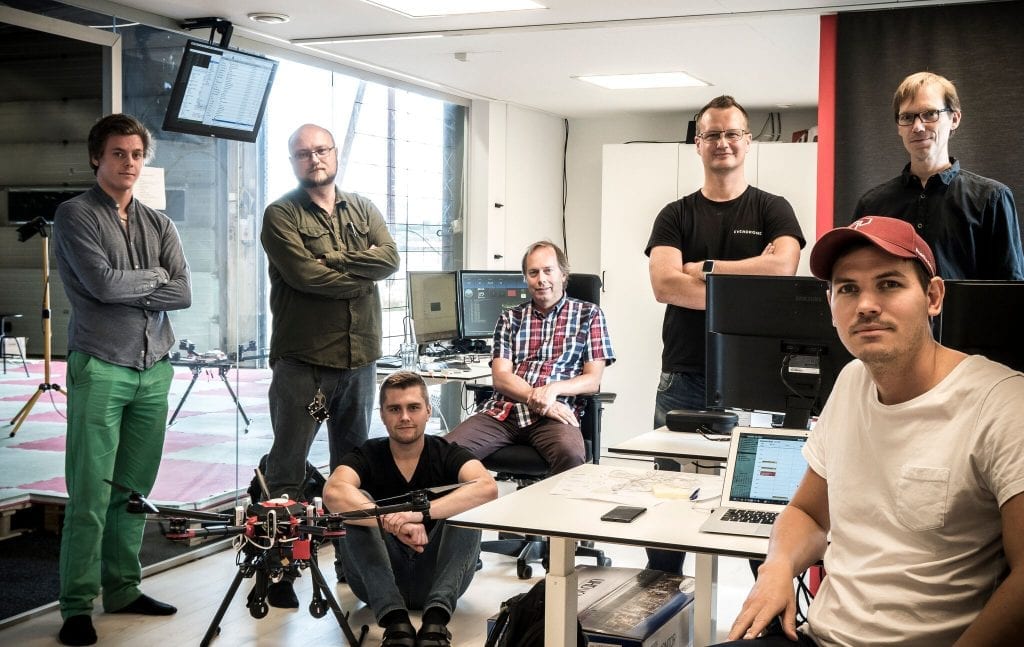
Everdrone team – From left to right: Victor Nilsson, Machine Learning Engineer; Maxim Chukharkin, Machine Learning Engineer; Emil Granberg, Technical Developer; Mats Berggrund, Senior Software Developer; Maciek Drejak, CTO; Mats Sällström, CEO; Joakim Wigström, Senior Software Developer
In addition to depth perception, the autonomous UAV navigation system has 360° obstacle avoidance – for obvious reasons, as well as highly accurate optical flow tech to keep the drone stable.
As shown in a video released by Everdrone, it uses these technologies not only to determine safe routes, but also to identify safe landing spots.
While we’re still a little uneasy about unprotected rotors being in close proximity to vulnerable, exposed human skin, we have to admit – Everdrone’s tech could be a game-changer.
How useful was this post?
Click on a star to rate it!
Average rating 0 / 5. Vote count: 0
No votes so far! Be the first to rate this post.
We are sorry that this post was not useful for you!
Let us improve this post!
Tell us how we can improve this post?

